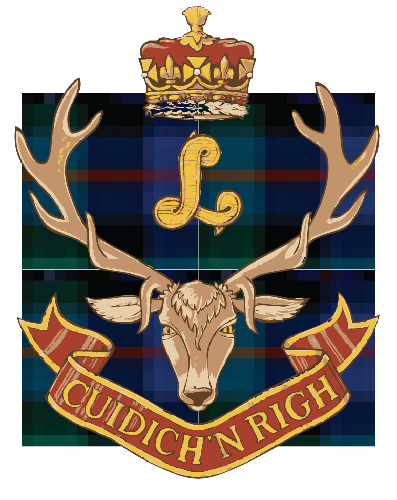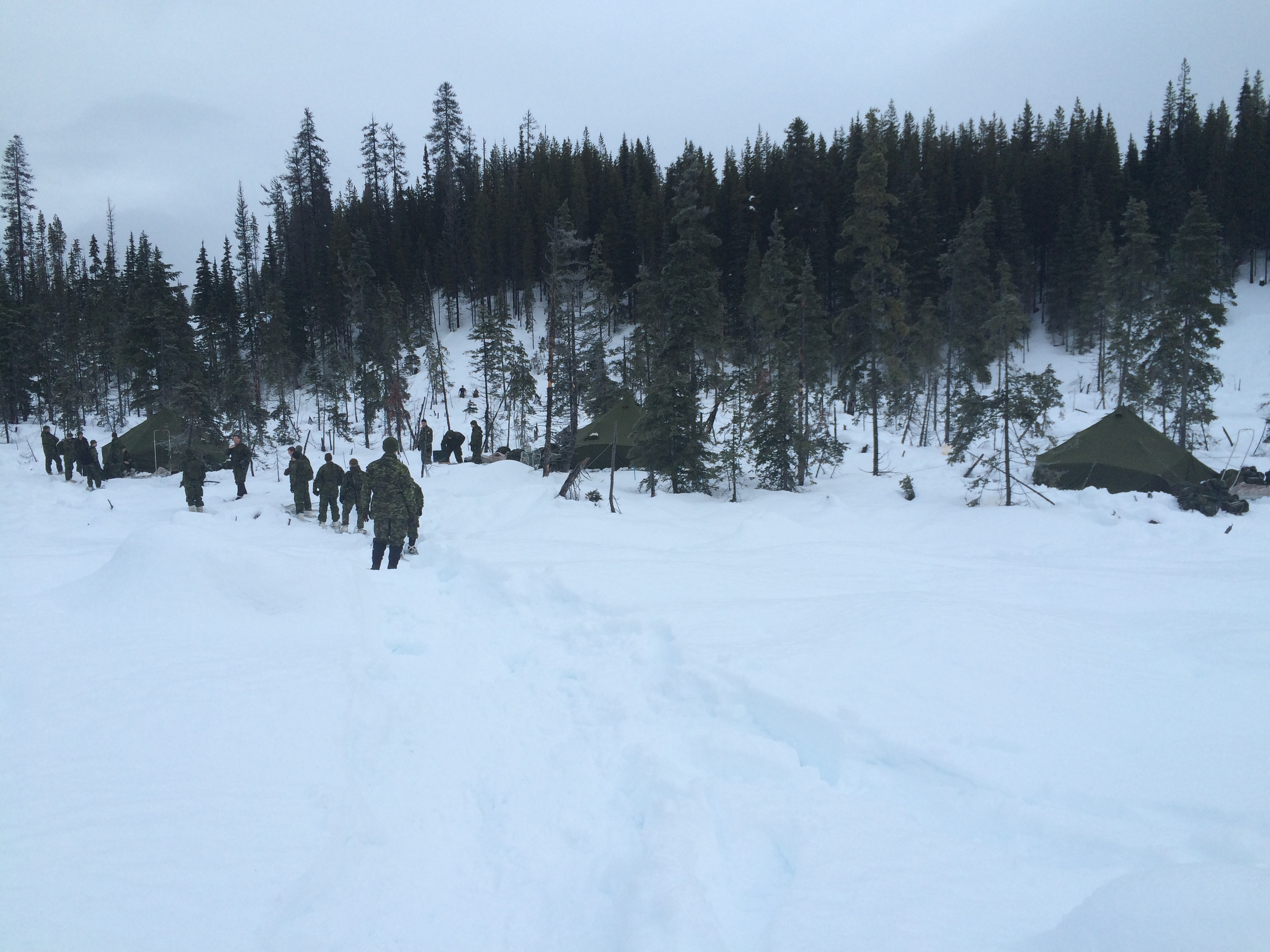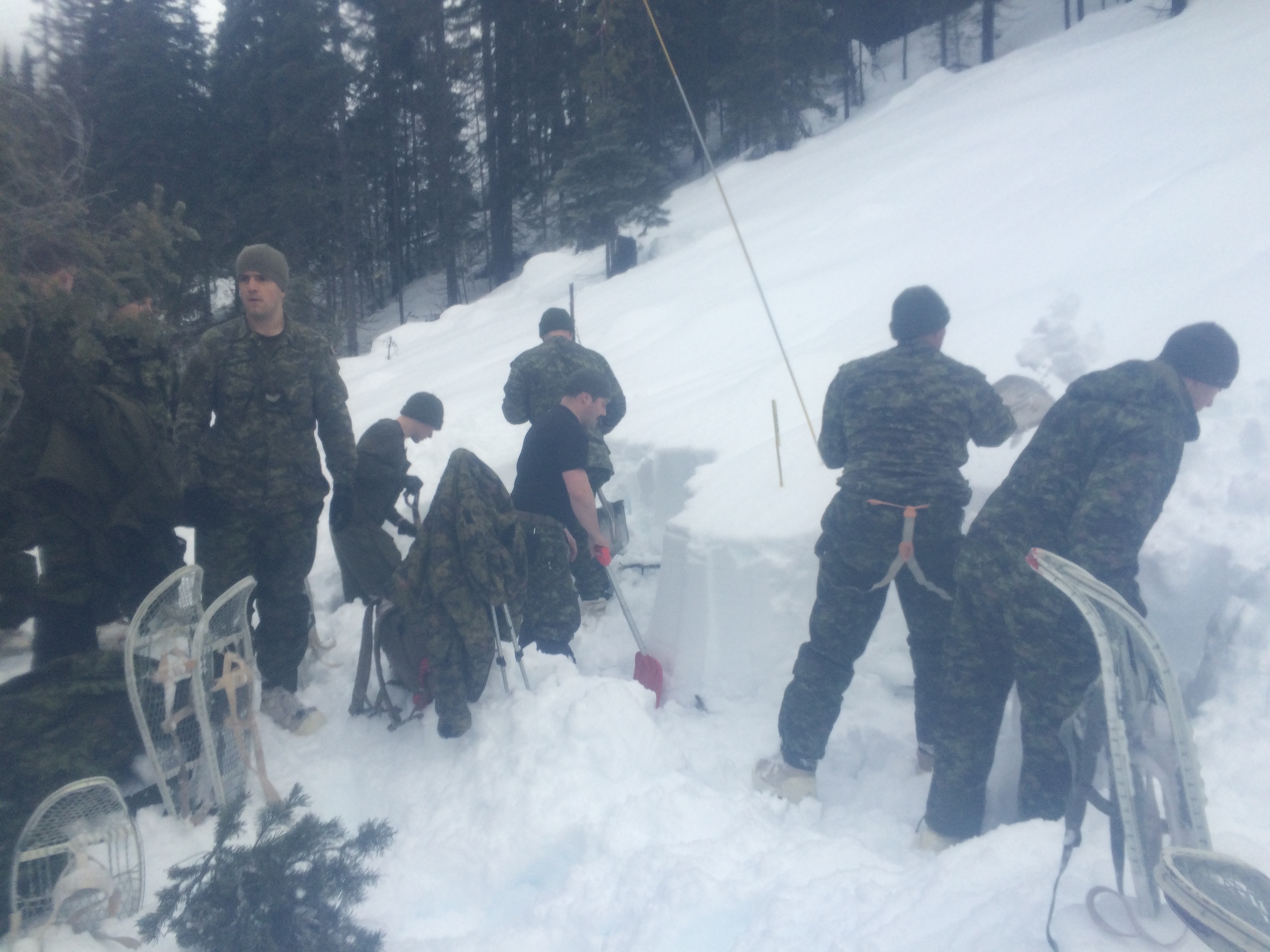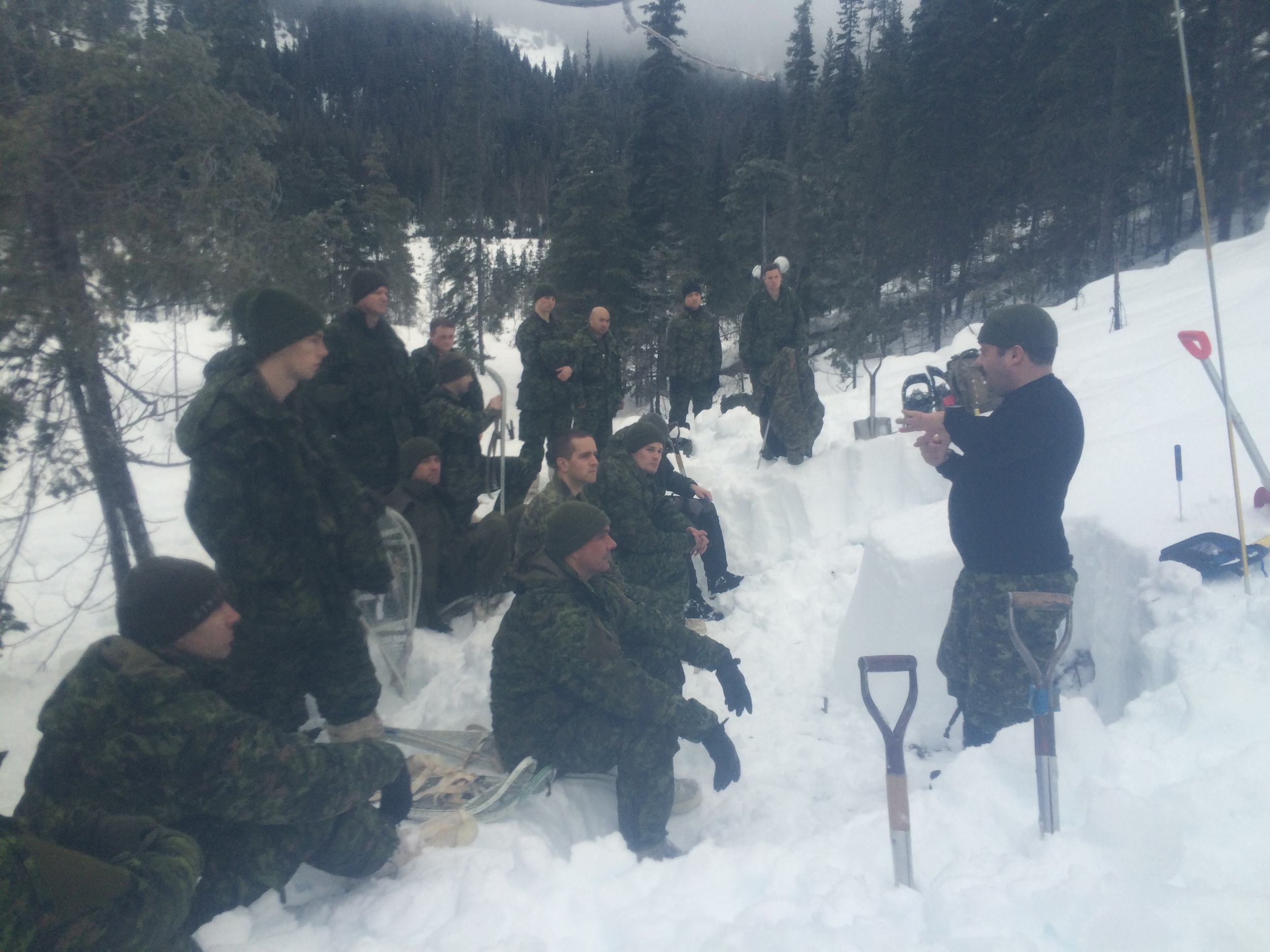Highland Frost Exercise
“Living on the west coast grants one certain advantages. Particularly, our snow is generally respectable enough to stay where it belongs: on the mountains. Snow is to seen, or to be enjoyed at our own behest during pleasant past-times. Living this privileged west coast lifestyle comes at a cost however, for we forget the true hardship enduring a real Canadian winter. This becomes especially important when one considers the question of national defence, as the vast majority of the country is constituted of a frigid ice-scape even through summer. It therefore behooves us to be able to operate in these conditions. Enter, exercise HIGHLAND FROST.
Ex HIGHLAND FROST's objective was a humble although important one: learn to live and move in winter conditions. The knowledgeable soldier reading this will immediately discern the nature of this learning: setting one's tent group up, taking it down, moving somewhere else, finally followed by doing at all over again. Though it may seem mundane and repetitive, practice of these drills are vital to a formations ability to fight in such conditions.
Movement itself can be a bit of a bugbear in the snow, especially when one is not accustomed to the unique characteristics of locomotion via snowshoe. Warrant Officer Deans and Warrant Officer Paton led an excellent series of lessons on this very topic. Of particular note was the concept of self-recovery in the event that one has fallen. Much fun was had in observing other's attempts to stand back up again, which when simultaneously encumbered by rucksack and tangled by harness can pose quite the interesting puzzle.
Snow conditions in the mountains such as we have here on the west coast can be extremely treacherous. To illuminate the exercise attendees on this subject, Corporal Miljevic-Laroche conducted a field lecture on the importance and theory of reading snow stability and assessing Avalanche conditions. If the reader is interested in learning more on this topic, look into taking Avalanche Skills Training (AST) level one: a nationally recognized qualification available from many local institutions.
No exercise is complete without at least some minor disaster. In the case of HIGHLAND FROST this manifested in the form of a deathly ill bus driver. Finding him quite unable to make the return journey, we spent a lovely few hours pursuing that timeless activity practiced by militaries the world over: waiting. Eventually the bus driver's relief did arrive and we made our way back to Jericho, both safe and slightly more knowledgeable in the arts of winter warfare.
Ryan Di Fine
Master Corporal”




